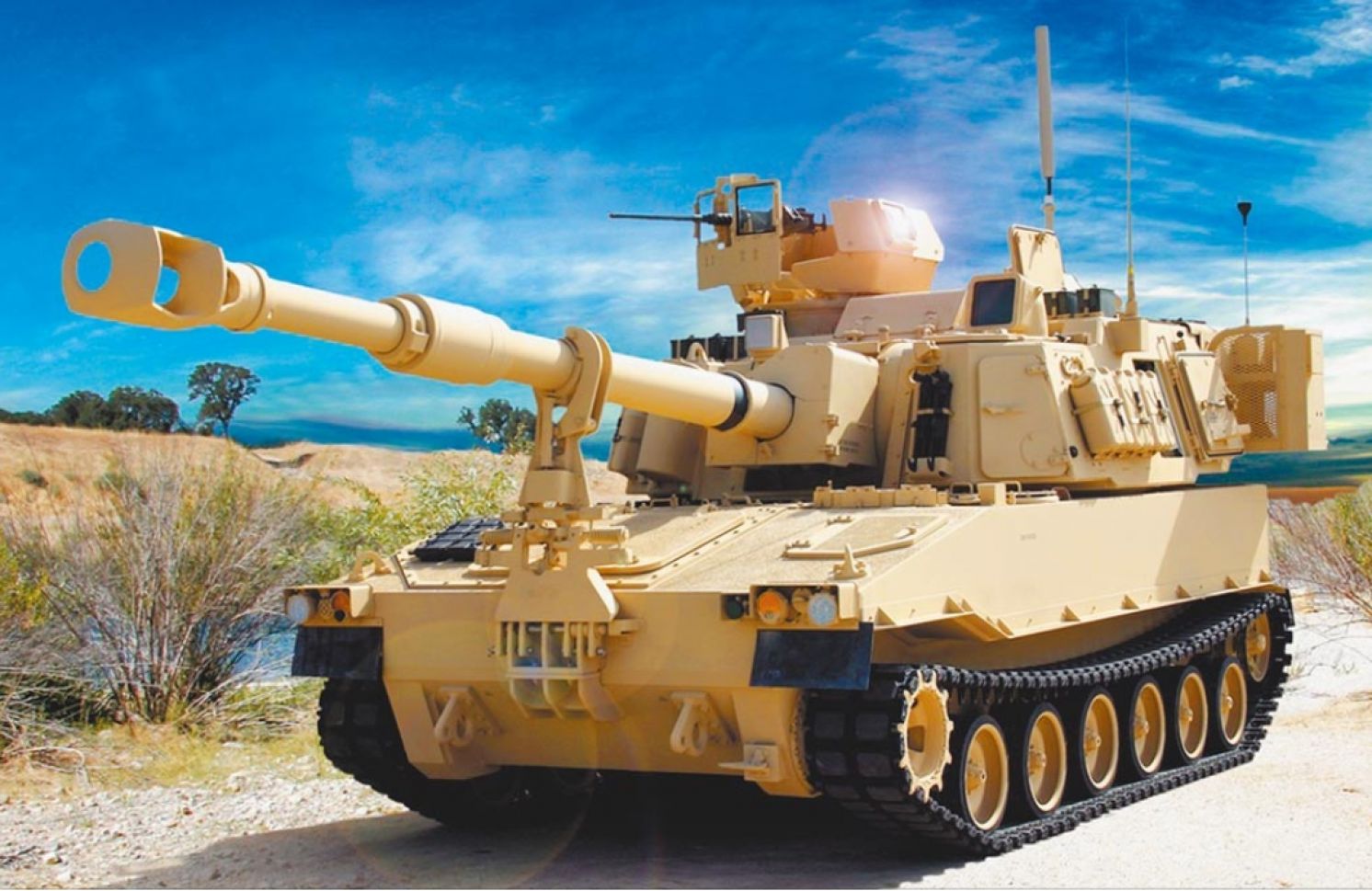
Arms Sales Policy Adjustment Prefaces U.S. Coordination of Taiwan's Military
By Guo Chong-ren
United Daily News, May 21, 2022
Deputy Assistant Secretary of State for Regional Security Mira Resnick of the United States held a video conference with members of the U.S.-Taiwan Business Council and the American Chamber of Commerce in Taiwan on May 14, explaining that the administration of President Joe Biden has adjusted its arms sales policy to Taiwan, saying that the U.S. will be terminating most arms sales to Taiwan that do not fall under the category of “asymmetric warfare." The two chambers of commerce have since issued an open letter to protest.
U.S.-Taiwan Arms Sales Dialogue More Like a Top-Down Relationship
This has been rumored to have been the case for a long time. Since the second half of last year, the Biden administration has emphasized the importance of "asymmetric warfare” to Taiwan policymakers in various bilateral military and security discussions. With the outbreak of the Russia-Ukraine War, the United States is increasingly unable to accept Taiwan's current direction when it comes to military building and military purchases, so it directly expressed to Taiwan officials and relevant chambers of commerce: The new arms sales policy will mainly respond to the actual "War Day/ D-Day." Equipment that does not fit this situation will not be sold. The United States believes that Taiwan must be able to learn from the Russia-Ukraine war and buy more equipment such as drones.
However, the dialogue between the United States and Taiwan on the new policy on arms sales is not equal, but more of a top-to-bottom command. An anonymous American official told Politico: "We want to be a partner to Taiwan, where we can have discussions, and some weapons systems do not meet their interests." With a tone of "I know better than you what is good for you." Although Taiwan is spending money to purchase American equipment, the United States can still decide if they want to sell it or not.
For example, many potential purchases will not be going accordingly to plan. The MH-60R helicopters, and E-2 Hawkeye, the United States believes that in the face of a full-scale attack by mainland China, there is no way these would survive. So, although Taiwan has prepared a budget for these purchases this year, the United States is not willing to sell.
Although the United States insists that it must comply with the "principle of asymmetrical combat power," their definition of "asymmetrical combat power" is very broad and subjective.
However, in the war in Ukraine, with the high-tech weapons provided by the United States and the United Kingdom to Ukraine, whose military strength is at a disadvantage, they have been able to disable the Russian army, sunk cruisers, and paralyzed chariots. This is something Taiwan can pay attention to when purchasing arms in the future.
The United States is also asking Taiwan to purchase arms that would be beneficial to the United States’ needs. In the American mindset, Taiwan's military establishment cannot be independent and must be incorporated into the overall U.S. Asia-Pacific defense system. For example, it was reported that during former Chairman of the Joint Chiefs of Staff Michael Glenn’s visit to Taiwan, the United States had asked Taiwan to purchase an additional long-range early warning system. Taiwan currently has a long-range early warning system, which is set up in Leshan, Hsinchu. The information collected by the long-range early warning radar is for the United States, not Taiwan. The power consumption of the system is staggering, as it supposedly can overlook over 3,000 kilometers. The problem is that Taiwan only needs a radar detection distance of 600 to 700 kilometers. The information collected by the long-range early warning radar is for the United States. Not what Taiwan needs.
However, the United States has two bargaining chips. One is the veto power of arms sales. In the past, not only has the United States abruptly stopped and refused sales, they have asked the Ministry of National Defense (MND) to deal with the aftermath themselves, by providing excuses for them, saying "the production line is crowded," "it is too expensive," and other reasons. This is a slap on Taiwan's sovereignty. Now, in the arms sales review process, a preempt procedure has also been added, which is solely decided by the White House National Security Council and the U.S. Department of State. After Taiwan proposes a project, if it does not conform to the principles set by the United States, it will simply be given back. It is no longer necessary to hand it over to the MND for evaluation.
Imbalanced Relationship Detrimental to U.S.-Taiwan Cooperation
The United States also has another bargaining chip, which is enticing Taiwan. In the future, it will use a method similar to "arms purchase financing" to allies such as Israel, and lend money to Taiwan for the military items to be purchased, which can also control the direction of Taiwan's military development. Currently, both the Senate and House of Representatives have a similar bill, which will be voted on at the end of the debate this summer.
After several arms sales cases were rejected by the United States, there are now voices saying they think that the United States is bullying Taiwan, and has left no room for discussion. Some people in the United States also think that these behaviors are overboard. During the monetary talks, it will hopefully be a chance for the two sides to openly communicate rationally.
But in the future, if Taiwan does not stand up for itself, the United States is likely to continue to push the limits. This may either force Taiwan to develop and manufacture its own products and find other sources of supply, or Taiwan will become a puppet manipulated by others. Both extremes are not in favor of the U.S.-Taiwan relationship.